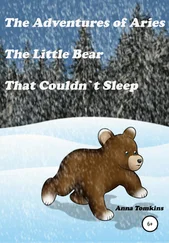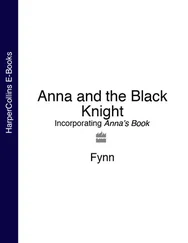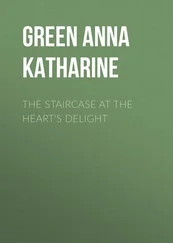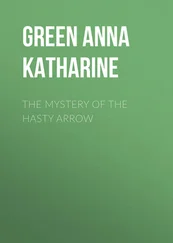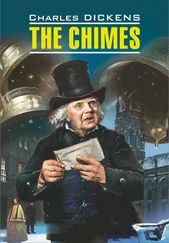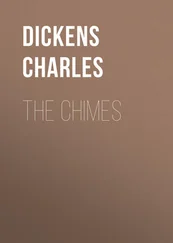And the memory is made and finished and it’s done for my own sake, as, if you’re honest, you have to admit all things are done in the end.
Yet isn’t it also true that I do it for her? For Clare born to parents who don’t exist and who’s lived on the river maybe forever or maybe for a twelvenoch, it makes no odds which. It’s for Clare who never joined the pact but has been with it always. And who’s angry at the world but also at me for some reason I don’t know. Some forgotten betrayal. Or maybe some betrayal yet to come.

I bind a strip of cloth from my shirt round my arm. I walk and I think and the pain comes and goes like mist. I keep to the narrow streets. People step out of my way as they walk home to their families. When I finally come clear, I see from the sky that it’s close to Vespers and that I won’t be able to make it back for Chimes. There is a hitch in my stomach for the river and the smell of it, an urge to be back there next to the moving water. But not much I can do.
I’m in Fleet territory, near the heath. There’s no danger from the rival pact as long as I’m not prospecting or down in any of the car graveyards. The city’s up for grabs, really. It’s only river we fight for, but I move presto anyway.
Into the heath from the bottom end, past a crumbled brownbrick building with letters of old code like a badge on its brow. Three letters only: one like the tail of a crochet. Then D, which is part of the scale. Then a round one like a breve. Or like a full moon, but empty. I D O, it says. Inside the smashed walls is a huge basin filled with rubble and tile.
I follow the old path up to the flat. It’s half hidden by a tangle of bushes, and the thorns and branches catch my clothes as I go. A sharp smell of new buds and unwashed bodies and at last I push through to the flat expanse of trodden grass that rises up in a slow slope to Parly Hill.
It is covered with memorylost, ragged and threadbare, thin as sticks. Eyes either empty or fevered. They wander aimless around the green, or they sit leaned against the fat-girthed trees that line the path. Bivouacs of blue tarp, mantles of grey wool. Rubbish of lives scattered.
I skirt the sloped field and pass the flat red track that circles endlessly under its busted lights. As I walk, I sign solfege for the directions I’ll need to follow to get back to Dog Isle. I think about memory and what it is. Keep your memories close , people say. Say it to children as often as they can. Keep them schooled up in bodymemory from early on. Give them an instrument for their own. Get them prentissed. And make them mind their memories.
I think about what it means to keep them close. The tradespeople who live and work in the city and trade in the market, they keep them on their bodies at all times, in pouches or pockets. The moneyed guilds, instrument makers and such, have elaborate bandoliers, belts with many pockets. The strandpickers port theirs in stickwrap, rather than linen or leather. Even Harry who reads the weather, whose house changes with the tide and whose head is loose as muttering, still keeps his wrapped in whatever he can find, and pushes them in his old shopping trolley along the strand or the embankment.
But for all that everyone keeps them and coddles them, I tend to think most adults wouldn’t know their own memories from anybody else’s. Something in their eyes and how they greet you in the market. At a certain point in your life, it’s like you have to choose what to keep.
‘Hey!’ A low whisper, and I jump. Behind me, in the eave of a half-standing brownbrick wall, a shadow leans out. Then it peels itself away from the wall and walks out.
It’s a young boy. His brown eyes fixed on me like those of a keen dog. He’s slight and wiry, his red hair dark with dust. And it’s clear by his bright eyes as well as by his age that his thoughts are still his own.
‘What do you want?’ I ask, too loud. My heart is beating presto.
‘You did hand signals,’ he says.
Back in the darkness is another shape. Someone lying down, asleep.
The boy walks closer.
‘I never learnt it. Does it help?’
‘What do you mean?’
‘Does it let you keep things longer?’
‘Things?’
‘The pictures in your head. Of what happens to you.’
I wonder how long he has been here. I don’t remember a time I didn’t know solfege. It’s taught to everyone. Soon as you get your instrument, so it’s deep as breathing.
‘It helps you remember music,’ I say. He looks confused. ‘Look, it’s easy.’ I sketch a scale in the air. ‘Each step has its own sign.’
He wrinkles his brow and stares at me. He doesn’t have a clue what I’m talking about.
I shake my head and talk lento. ‘First is Doh . You know that one.’ I clench my hand in front of me like a rock. To my surprise, the words of instruction are just under the surface. ‘That’s the firm note, the tonic. Next is Ray , the rising note, so your hand points up. Like a sunray.’ I show him. ‘Then Me is steady, so pretend you’re calming something.’ I reach out to pat an imagined dog. ‘ Fah is the desolate tone.’ I point downward. ‘Then Soh is bright. Open. Like, um… like a handshake.’ I reach out to shake his hand and he draws back. I keep going, hardly knowing what for. ‘ Lah weeps — hear it?’ I show him my wrist slumped as if in despair. ‘Then Te .’ A pointed index to the sky. ‘Piercing. Like Chimes. Then you’re up the octave and back at Doh .’ I look at him, feeling somewhat foolish. It would take a long time to teach solfege so you could hear it and talk in it. More time than I have spare.
‘You use it to help you keep the way, to stop getting lost. Not to think of things that happened before.’ I hear the blasphony, but he doesn’t seem to notice.
He looks disappointed. ‘I don’t care much about keeping music. I just don’t want to end up like them.’ He looks at the dazed men and women wandering the grass.
‘What are you doing in this place?’ I ask.
‘We’ve got nowhere else to go. We came in from the south yesternoch so my father could get work, but he isn’t well. I’m looking after him.’
His eyes have a sort of hunger. Something unfamiliar moves in me. What to tell him? The usual.
‘You should get work yourself, quick as possible. You’ve got to get work to keep memory.’
He holds his hands out, flexes his fingers. ‘I know,’ he says.
‘Get a prentisship with a guild. What’s your father’s trade?’
The dusty boy turns and looks back into the shadow of the buttress. ‘He was a weaver, but his hands shake now,’ he says. ‘I guess I could try for piecework. But I can’t become a prentiss as I can’t leave him. He wanders off.’
I look again at the figure lying in the shelter along the wall. I hear a sound. It is the sound of legs and arms pulled in tight, again and again. It goes on and on until a heavy sigh tells that it is over. It is familiar. Something rises up that I cannot name. The boy moves to his knees and places a hand on the man.
‘It’s OK,’ he says to him. ‘It’s me. It’s Steppan.’ His voice drops to a cajoling whisper. ‘We’re in London… Yes, I’ve got them. It’s OK. Back to sleep now… Yes. Yes, I’ve got them.’
He reaches to his father’s side and picks up their bag of shared memories. Keeping them close though he doesn’t have a word for them.
I want to tell this boy to leave presto, as soon as he’s able, not to risk losing any knowledge he has in his hands for weaving. I want to tell him that bodymemory is more than just skill. It ties you to your self. And then a dark thought comes. I want to tell him to leave his father while he can. He’ll forget the pain of that soon enough, and at least he’ll still have something to hold to.
Читать дальше
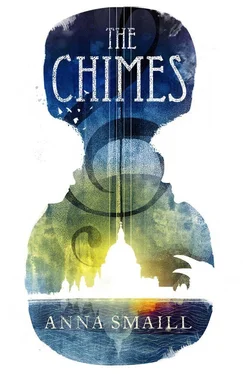


![Чарльз Диккенс - Колокола [The Chimes]](/books/395589/charlz-dikkens-kolokola-the-chimes-thumb.webp)


